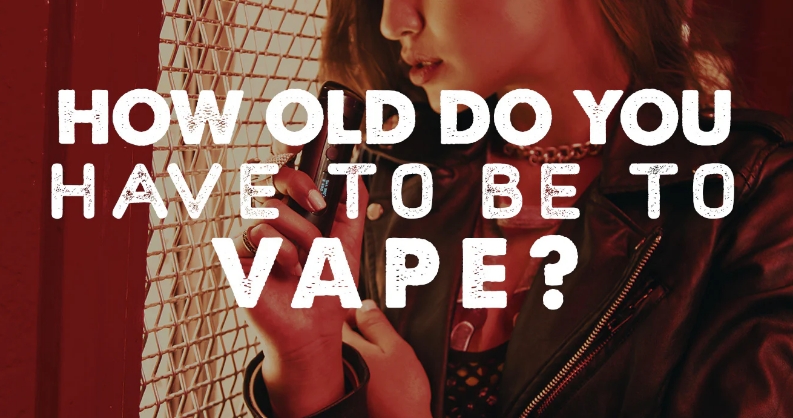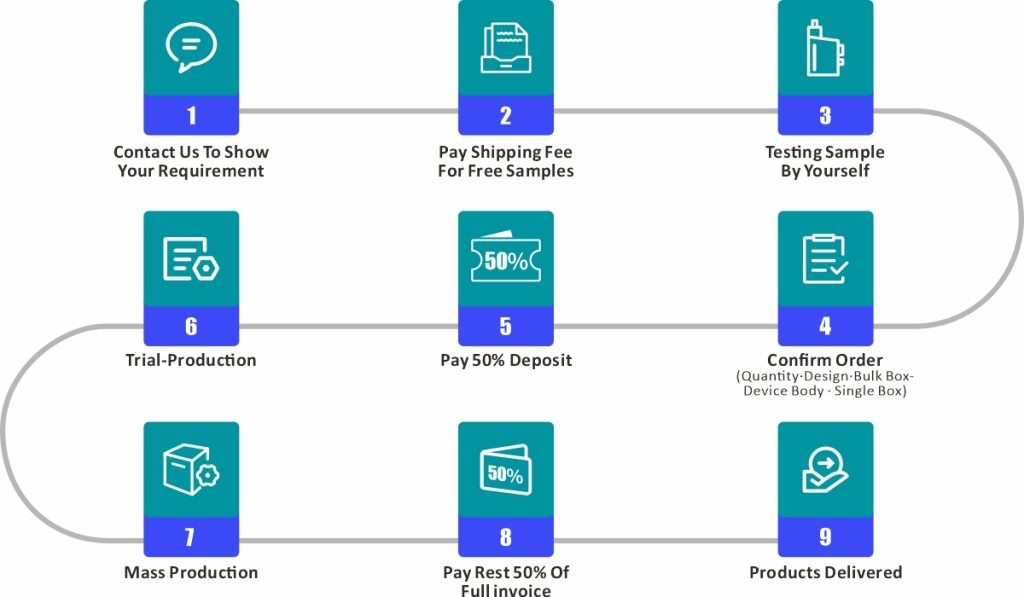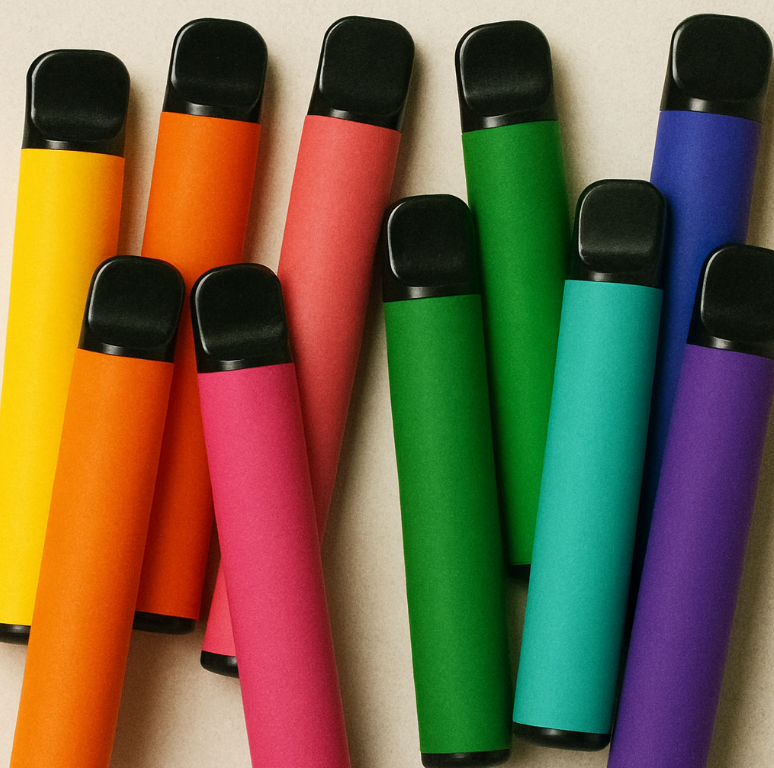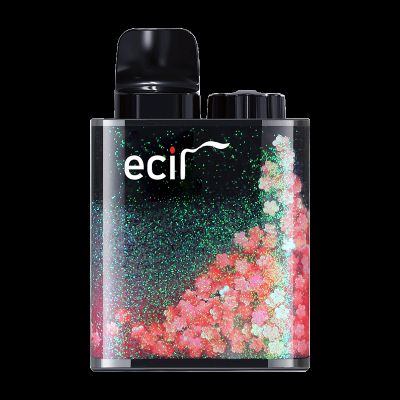How Old Do You Have to Be to Vape?
In recent years, vaping has become a popular alternative to smoking traditional cigarettes, with a growing market for vaping products such as vape pens and nicotine vapes. However, as the popularity of vaping continues to rise, many individuals—especially teenagers and young adults—are curious about the legal age requirements for purchasing and using these products. This article will explore the age restrictions surrounding vaping, the role of the Food and Drug Administration (FDA), and how federal and local laws impact the legal age to vape.

Age Limit for Vaping Products
The legal age to purchase and use vaping products varies depending on the country or region. In the United States, the federal law sets a minimum age of 21 years to buy tobacco products, including nicotine vapes and vape pens. This regulation was put in place by the FDA and the Tobacco 21 Law, which amended the Federal Tobacco 21 law, raising the legal age from 18 to 21 for purchasing tobacco products. This change was driven by health concerns regarding the effects of nicotine on adolescent brain development and the growing use of e-cigarettes among teenagers.
Federal Law and Age Restrictions
In 2019, the FDA enacted the Tobacco 21 law, which extended the legal age to buy all tobacco products, including vapes, to 21 years of age. Prior to this, individuals aged 18 years were able to legally purchase tobacco products, including vape pens and nicotine vapes. However, under the federal law, this age restriction was increased to help curb the rising use of nicotine among young people.
The FDA plays a significant role in overseeing the sale and distribution of vaping products, ensuring that manufacturers comply with regulations designed to protect consumers, particularly young people. This includes enforcing age restrictions and preventing the sale of vaping products to minors.
Vaping and Active Duty Military
While the federal law sets the legal age for purchasing tobacco products at 21 years, there is an interesting exception for individuals in the active duty military. Service members who are 18 or older may be able to legally purchase tobacco products under certain circumstances, as they are allowed to make purchases on military bases or installations. However, this exception is specific to military personnel and does not extend to the general population.
The Role of Local Laws
Although federal law sets the minimum age for purchasing tobacco products at 21, local laws can sometimes impose additional regulations. Some states or municipalities may have specific laws regarding the sale of vaping products, including nicotine vapes and vape pens, which could vary slightly from the federal requirements. These local laws can set stricter age restrictions, impose additional requirements for retailers who sell tobacco products, or even ban the sale of certain types of vaping products altogether.
It's essential for consumers to be aware of both federal law and their local laws when purchasing tobacco products to ensure they are complying with all applicable regulations.
The Tobacco 21 Law and Its Impact
The Tobacco 21 law was a significant step in regulating the use of nicotine vapes and traditional tobacco products in the United States. By raising the minimum age for purchasing these products from 18 to 21, the law aimed to reduce the accessibility of vaping products to minors and young adults. This change has been particularly important in combating the increase in vaping among high school students and young adults.
According to data from the FDA and the Centers for Disease Control and Prevention (CDC), the use of e-cigarettes among high school students rose significantly in the years leading up to the Tobacco 21 law. By raising the legal age to 21, lawmakers hoped to reduce the likelihood that younger people would start using nicotine products, including vape pens, before reaching adulthood.
Why the Minimum Age Matters
The decision to set the minimum age for purchasing vaping products at 21 is rooted in public health concerns. Studies have shown that nicotine use can have significant effects on brain development, particularly in adolescents and young adults. The FDA has highlighted research showing that nicotine exposure during this critical period of brain development can lead to long-term cognitive and behavioral issues, including addiction.
By raising the legal age for purchasing tobacco products, including nicotine vapes, policymakers aim to reduce the likelihood of young people becoming addicted to nicotine and experiencing these negative health effects.
Key Takeaways
Federal law in the United States sets the minimum age to purchase tobacco products, including vaping products, at 21 years.
The Tobacco 21 law increased the legal age for purchasing tobacco products, aiming to reduce nicotine use among young people.
Active duty military personnel may have some exceptions for purchasing tobacco products, but this does not apply to the general public.
Local laws may impose additional age restrictions or regulations on the sale of vaping products in certain areas.
The goal of these age restrictions is to protect young people from the harmful effects of nicotine addiction and to prevent the rise of vaping among minors.
Data Comparison: Age Restrictions on Tobacco Products
| Country/Region | Legal Age to Purchase Vaping Products | Notes |
|---|---|---|
| United States | 21 years | Federal law, with exceptions for military personnel |
| United Kingdom | 18 years | Consistent across most regions |
| Canada | 18 or 19 years | Varies by province |
| Australia | 18 years | National law |
| European Union | 18 years | Standard across the EU |
Frequently Asked Questions (FAQs)
1. Can you vape at 18 in the United States?
No, you must be at least 21 years old to purchase vaping products in the United States due to the Tobacco 21 law.
2. Is there an exception for military personnel?
Yes, individuals in active duty military may be able to purchase tobacco products if they are 18 or older, but this exception only applies on military bases.
3. Can local laws override federal regulations?
Yes, local laws can impose stricter age restrictions or other regulations on the sale of vaping products in certain areas.
4. Why is the legal age to vape set at 21?
The Tobacco 21 law was enacted to reduce the prevalence of nicotine addiction and vaping among young people, especially those under 21, whose brains are still developing.
5. What is the FDA’s role in regulating vaping products?
The FDA is responsible for overseeing the sale and distribution of vaping products, ensuring that they comply with health and safety regulations, including age restrictions.
Conclusion
The legal age to vape in the United States is 21 years, thanks to the Tobacco 21 law and federal law regulations. These age restrictions are crucial in limiting the exposure of young people to nicotine, a substance that can have lasting negative effects on brain development. By setting and enforcing these laws, the FDA and other authorities hope to protect public health and reduce nicotine addiction, particularly among teens and young adults. As vaping continues to grow in popularity, it is important for both consumers and retailers to be aware of and adhere to these age limits to ensure compliance with both federal and local laws.
References
U.S. Food and Drug Administration (FDA). "Tobacco 21." Accessed November 2024.
https://www.fda.gov/tobacco-products/rules-regulations-and-guidance/tobacco-21
This page provides detailed information on the Tobacco 21 law, which raised the legal age for purchasing tobacco products, including vaping products, to 21.Centers for Disease Control and Prevention (CDC). "Smoking & Tobacco Use: Youth and Tobacco Use." Last reviewed May 2021.
https://www.cdc.gov/tobacco/data_statistics/fact_sheets/youth_data/tobacco_use/index.htm
The CDC offers a wealth of information on the effects of nicotine on young people and how policies like Tobacco 21 aim to curb nicotine use among minors.National Institute on Drug Abuse (NIDA). "Electronic Cigarettes (Vaping)." Last updated July 2024.
https://nida.nih.gov/publications/research-reports/tobacco/electronic-cigarettes-vaping
This source provides research on the health risks associated with vaping, particularly for young people, and discusses the potential long-term effects of nicotine use.Campaign for Tobacco-Free Kids. "The Tobacco 21 Law: Why Raising the Minimum Age for Tobacco Sales Is Important."
https://www.tobaccofreekids.org/what-we-do/us/tobacco-21
This resource explains the rationale behind the Tobacco 21 law and its goals of reducing tobacco-related harm, including the use of vaping products among youth.American Lung Association. "FDA Regulation of E-Cigarettes." Accessed November 2024.
https://www.lung.org/quit-smoking/e-cigarettes-vaping
This page provides an overview of the FDA's role in regulating vaping products and the laws related to the sale of such products.World Health Organization (WHO). "E-cigarettes." Last updated 2023.
https://www.who.int/news-room/fact-sheets/detail/e-cigarettes
The WHO outlines the global health implications of vaping and provides insight into age restrictions and regulations for e-cigarettes.National Institute for Health and Care Excellence (NICE). "E-Cigarettes: Evidence Summary."
https://www.nice.org.uk/advice/esuom21
This source presents evidence on the use of e-cigarettes as a smoking cessation tool and the public health risks associated with vaping, with references to age-related regulations.











